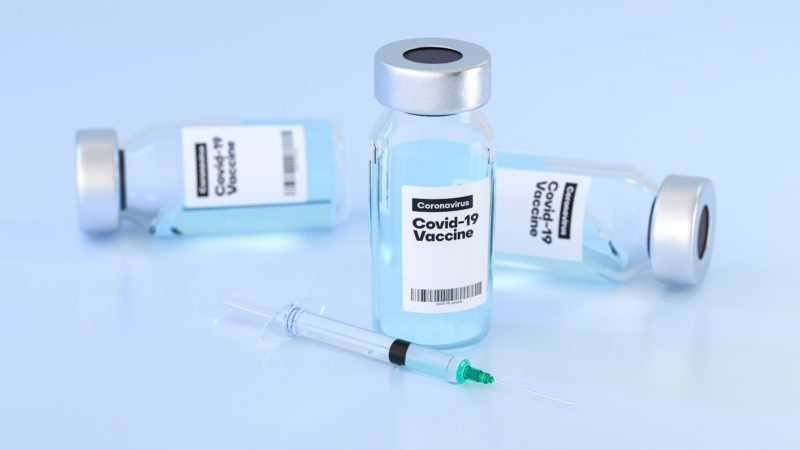Good News: COVID-19 Vaccines Stimulate the Production of Both Antibodies and T-Cells
Antibodies may decline, but T-cells could provide effective long-term protection.

The COVID-19 vaccine being developed by researchers at Oxford University and the pharmaceutical giant AstraZeneca reportedly stimulates the body's immune system in early trials to produce both antibodies and killer T-cells. Antibodies protect against infections by binding to pathogens in order to prevent them from entering or damaging cells, and by coating pathogens to attract white blood cells to engulf and digest them. Longer-lasting killer T-cells work by finding and destroying infected cells in the body that have been turned into virus-making factories.
If this pans out, it's great news. Recent studies have shown that protective antibodies decline steeply in a large proportion of people who have recovered from COVID-19 infections. Swiftly waning levels of antibodies might mean that people could be reinfected and that the vaccines that are being rushed through testing and production would only offer transitory protection against the novel coronavirus. But if the vaccines provoke the immune system to produce T-cells, they could still offer some longer-term protection against coronavirus infections.
While more research needs to be done, some preliminary data suggest that the COVID-19 vaccine being developed by Moderna may also elicit the production of T-cells that react to the coronavirus.
The idea that T-cells could offer protection against the COVID-19 coronavirus is bolstered by new study in Nature. It reports finding T-cell immunity in people who recovered from both COVID-19 and SARS coronavirus infections. The researchers also identified T-cells that react to both coronaviruses in about 50 percent of healthy study subjects who had never been infected by either virus. "This could be due to cross-reactive immunity obtained from exposure to other coronaviruses, such as those causing the common cold, or presently unknown animal coronaviruses. It is important to understand if this could explain why some individuals are able to better control the infection," said study co-author Antonio Bertoletti in a press release from the Duke-National University of Singapore (Duke-NUS) Emerging Infectious Diseases program.
Earlier studies by Swedish and German researchers have also found that a substantial number of subjects who had never had COVID-19 produced a T-cell immune reaction to the virus. It's still speculative, but it looks increasingly likely that a good portion of humanity may already have developed some T-cell immune protection against the novel coronavirus. Nevertheless, the Swedish researchers caution, "It remains to be determined if a robust memory T cell response in the absence of detectable circulating antibodies can protect against" the virus.
"While there have been many studies about the [COVID-19 coronavirus], there is still a lot we don't understand about the virus yet," said Duke-NUS researcher Jenny Low in the aforementioned press release. "What we do know is that T cells play an important role in the immune response against viral infections and should be assessed for their role in combating the [COVID-19 coronavirus], which has affected many people worldwide. Hopefully, our discovery will bring us a step closer to creating an effective vaccine."
Even as COVID-19 vaccines are being tested in clinical trials to determine their safety and efficacy, production for several is being revved up in order to deliver them (if they work) as early as this fall. AstraZeneca announced in June that it planned to manufacture 2 billion doses of its vaccine, with 300 million slated for delivery to the United States and the United Kingdom by the end of this year. Moderna plans to deliver about 500 million doses per year, and potentially up to 1 billion annual doses starting in 2021. An effective vaccine against this scourge cannot come too soon.


Show Comments (110)